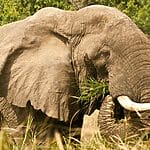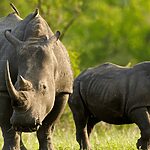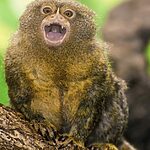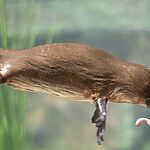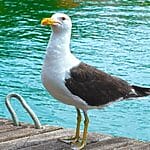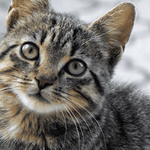Sugar gliders are a commonly seen creature throughout Australia and the surrounding territories, and have achieved worldwide love and recognition thanks to its unusual physiology and cute appearance.
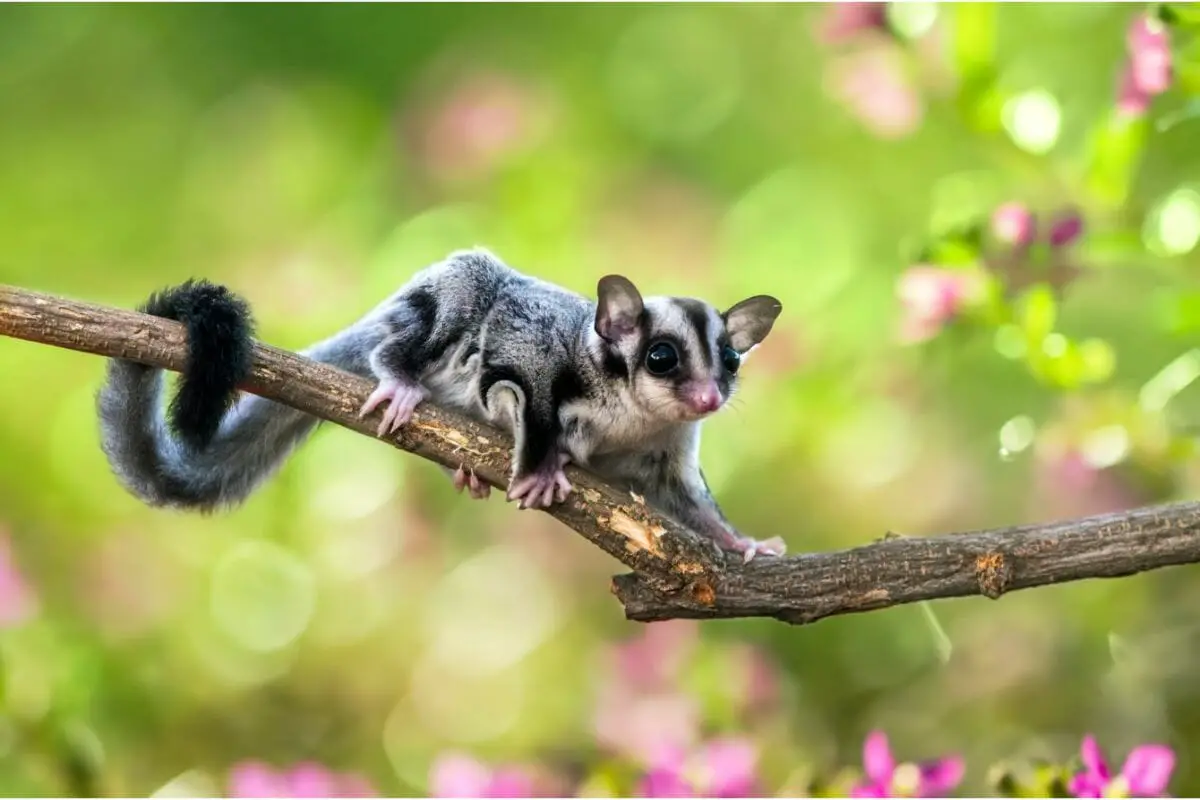
This has led to many wondering about their legality as domestic pets – especially in California, where the demand for exotic pets is higher than ever.
But are sugar gliders legal in California, and if not, why not?
What Are Sugar Gliders?
Sugar gliders are small marsupials, native to Australia and New Guinea.
Characterized by their cute appearance, large eyes, soft pale fur, and unusual physiology – which enables them to glide from one treetop to another – they are one of the most loved creatures in this part of the world.
Are They Legal In California?
No, sugar gliders are not legal in California, as well as several other states, including Alaska and Hawaii.
Why Are These Laws In Place?
These laws are put in place to protect the health of the public, as well as safety, agriculture, wildlife, and the availability of natural resources.
This is because foreign creatures can pose distinct risks to the existing animal population, as well as the flora native to the state.
This is why the transportation of animals between countries is largely frowned upon, and why many different countries have their own legislations in place to protect their domestic interests.
What Risks Can They Pose?
Sugar gliders, especially those that haven’t been raised in captivity, can cause various problems when transported to other countries.
Decimation Of Flora
Foreign animals can consume local flora, as well as potentially bringing parasites that could infect and kill domestic plant species.
This could have great environmental consequences, especially seeing as California already has a lack of green plant life, due to the arid, desert climate.
Harmful Competition
It has also been shown that the introduction of foreign species can interfere with domestic ones, creating unnatural and harmful competition, wherein domestic species can be wiped out or permanently reduced.
This happened with the introduction of the gray squirrel into the United Kingdom, wherein it then became prevalent, destroying and outbreeding much of the domestic red squirrel population.
Transmit Disease
Particularly if foreign animals have been taken from the wild, there is no saying what diseases and parasites they could be carrying.
These could have dire consequences for local species, or indeed the human population, particularly with lesser found species where widespread global immunity might not be present.
Can You Get A Permit?
Unfortunately no, you cannot presently get a permit within the state of California to transport and own a sugar glider privately.
California has some of the strictest animal control laws in the country, and this is just one example where the rules are designed and enforced to protect the domestic animal populations.
Can Sugar Gliders Be Dangerous?
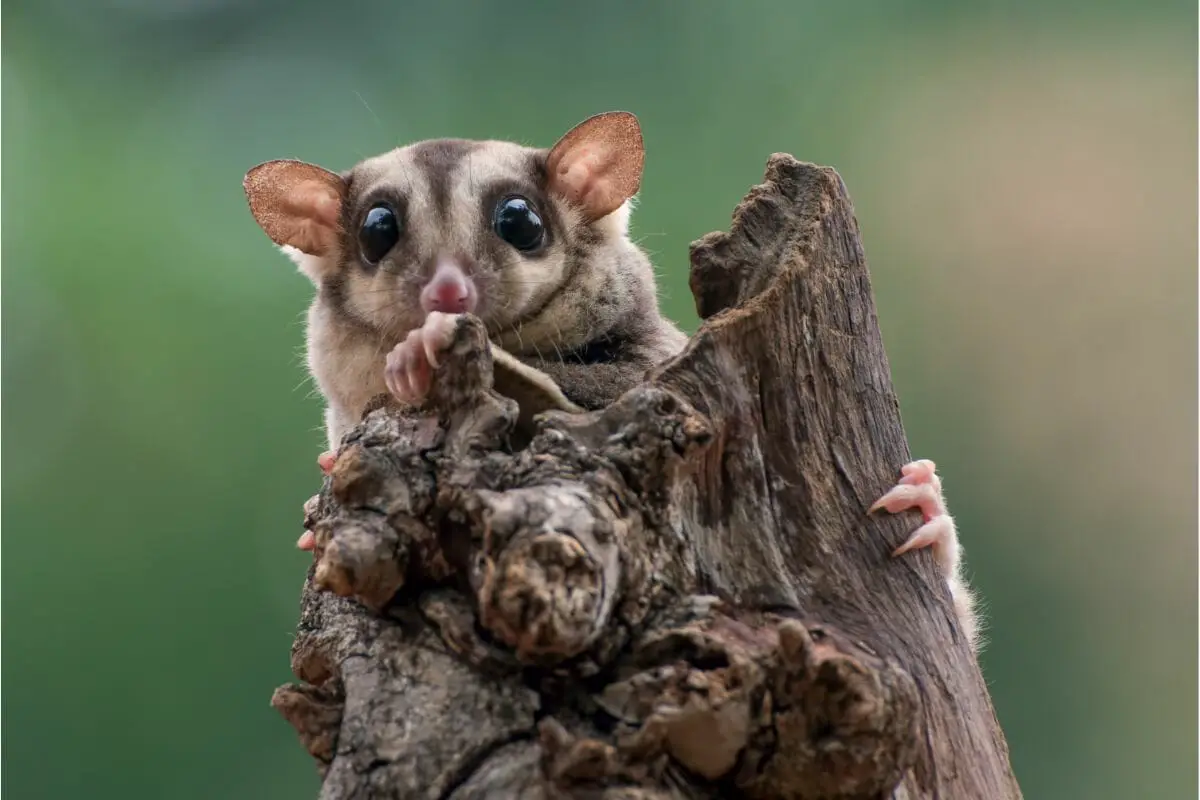
Perhaps surprisingly, sugar gliders can and will bite you if they deem it necessary. They may feel threatened and attack out of apparent self defense, or they may become threatened by other pets and cause them potential harm.
The thing with foreign animals is that, within the context of your home or country, they represent an unknown entity – with the extent of their otherness not being fully known until they have been released into the new population.
This is why many countries are inclined to play it safe, at the risk of things turning awry if new species should be allowed.
Can Sugar Gliders Carry Disease?
Sugar gliders can also carry various diseases, making wild ones particularly risky to introduce into new environments.
Such diseases include:
- Leptospirosis – abdominal pain, flu symptoms, kidney damage, meningitis.
- Salmonellosis – salmonella bacteria that causes food poisoning symptoms.
- Giardiasis – intestinal parasites that cause stomach problems.
Any one of these can be life threatening in the worst case scenario, which means that the presence of sugar gliders within the United States is largely avoided.
They can also give these diseases to other pets, which could prove life threatening for them, especially if they have preexisting conditions or weak immune systems.
This is one of many reasons why foreign animals are not advised to be brought into alien ecosystems – as there is really no telling what damage could be caused.
Can Sugar Gliders Give Them To Humans?
These diseases can also be passed on to humans, making them even more potentially dangerous to foreign populations.
People can contract salmonella by simply handling sugar gliders, which means that having them as domestic pets – especially if acquired from disreputable sources, or from the wild – poses a distinct risk to humans, especially those with low immune systems, or preexisting conditions that could be exacerbated.
How To Handle Them Safely
Should you find yourself in the position of needing to handle a sugar glider, it is best to do it in the safest way possible.
This means wearing plastic disposable gloves to protect your hands from any bacteria. Surgical masks should also be worn to avoid the threat of airborne exposure that can occur when handling sugar gliders that are infected with bacteria.
Biting is also pretty common, even with sugar gliders that are bonded to you, which means that it is potentially beneficial to protect your wrists with sleeves or other coverings, and to avoid contact with their mouths as much as possible.
They are generally skittish and nervous animals, which makes biting, even by accident, a high likelihood.
Final Thoughts
And there we have it, everything you need to know about sugar gliders, and their legality within the state of California.
It’s true that sugar gliders are remarkable and cute creatures, but that doesn’t mean they should be confined to a domestic home.
Wild animals deserve to live as such, and regardless of their cuteness, nor the love a person claims to be able to provide, there is no better home than their natural habitat.
- What Should I Do If A Koala Bites Me? Safety Guide - 2024-05-30
- Are Kangaroos Born Without Hind Legs? A Fascinating Journey - 2024-05-30
- Animals That Look Like Squirrels - 2024-05-30

